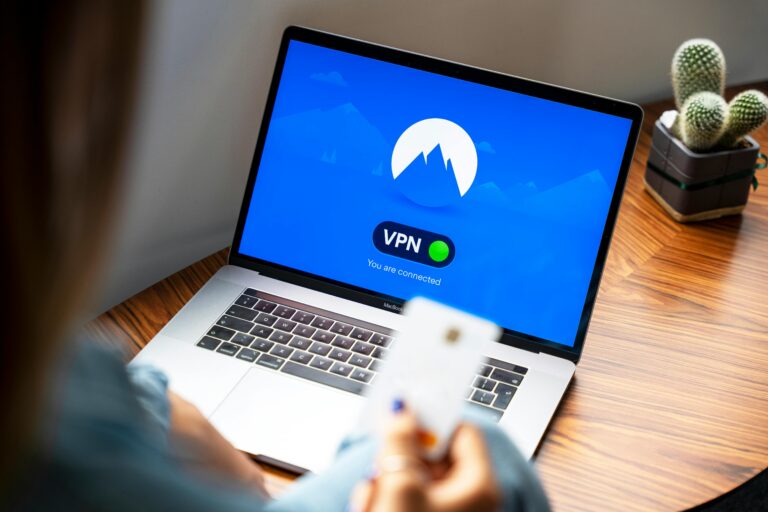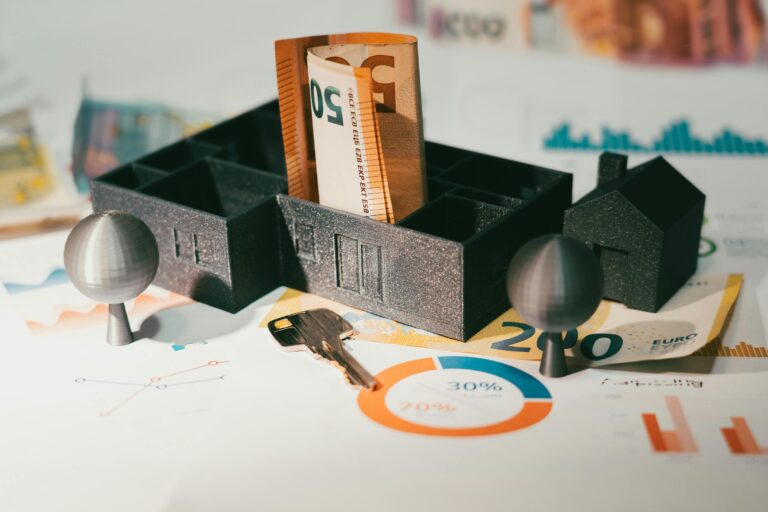How Does the Inflation Rate Affect Your Daily Life in 2025– Discover the Shocking Truth About Its Impact on Your Wallet!”
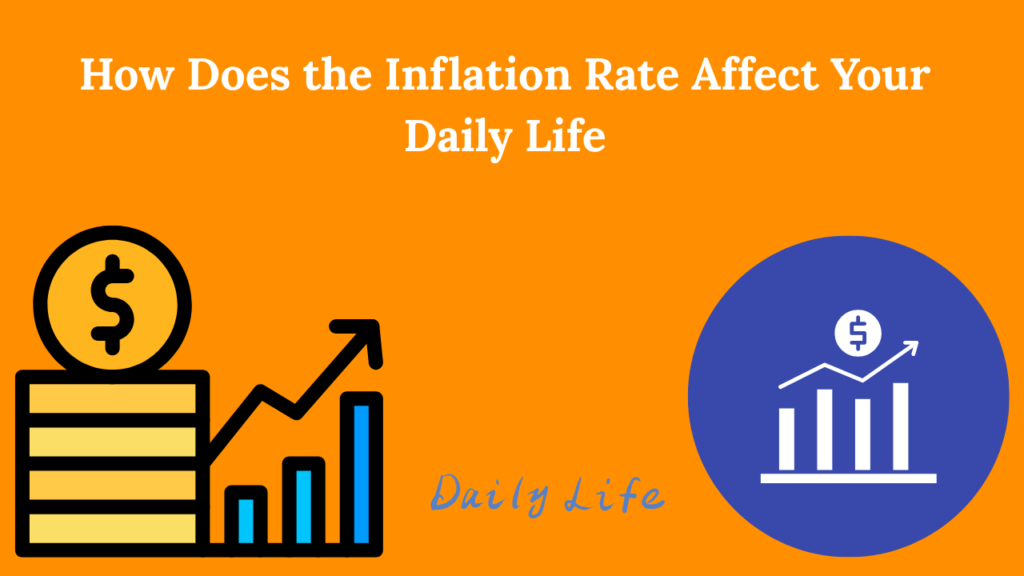
Introduction
Inflation is a term that often surfaces in economic discussions, but its implications extend far beyond boardrooms and government reports. For everyday individuals, understanding how the inflation rate affects their daily lives is crucial. From the prices of goods and services to savings and investments, inflation can significantly shape your financial landscape. In this article, we will explore the multifaceted effects of inflation, provide insights into its causes, and offer practical tips on how to navigate a world of rising prices.
What is Inflation?
At its core, inflation refers to the rate at which the general level of prices for goods and services rises, leading to a decrease in purchasing power. Central banks typically measure inflation using indices like the Consumer Price Index (CPI) or the Producer Price Index (PPI). When inflation rises, each unit of currency buys fewer goods and services, impacting your wallet directly.
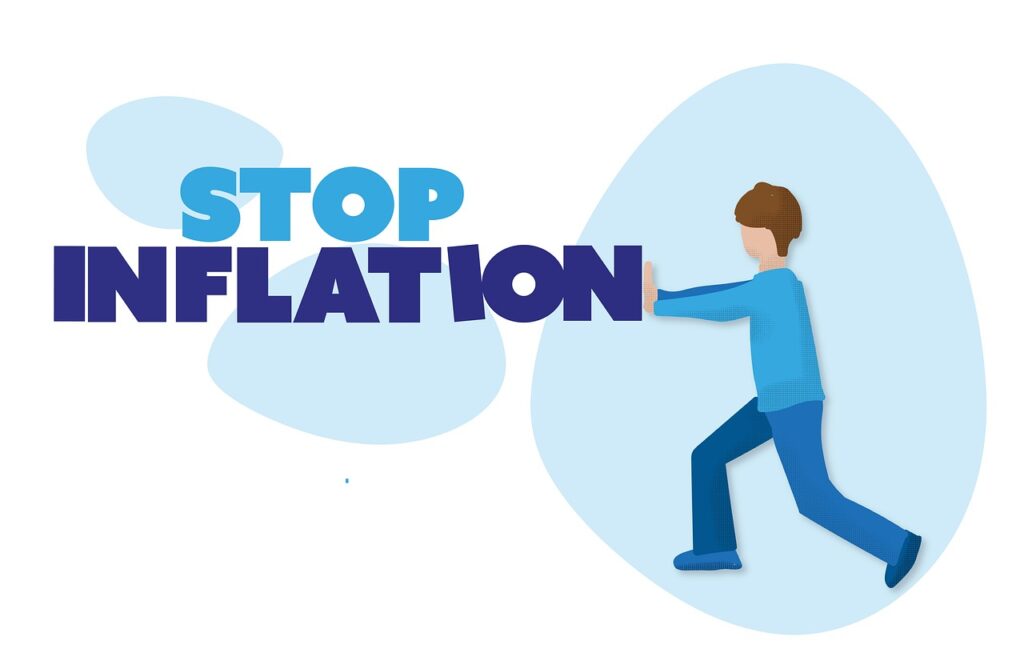
The Causes of Inflation
Inflation can be caused by various factors, including:
- Demand-Pull Inflation: This occurs when demand for goods and services exceeds supply. For instance, during economic booms, increased consumer spending can drive prices up.
- Cost-Push Inflation: This type occurs when production costs rise, leading businesses to pass on these costs to consumers. Factors such as rising wages or increased prices for raw materials can trigger cost-push inflation.
- Built-In Inflation: This arises from the expectation that prices will continue to rise, leading businesses to increase prices preemptively.
Understanding these causes is essential for recognizing how they directly relate to your daily expenditures.
How Inflation Affects Your Daily Life
1. Consumer Prices
One of the most direct ways inflations impact your daily life is through rising consumer prices. When inflation rates increase, the cost of everyday items such as groceries, gas, and utilities tends to rise. This means you may find yourself spending more money for the same goods you purchased last year.
Practical Example
Imagine you spent $100 on groceries each month. With an inflation rate of 5%, you might now have to spend $105 for the same groceries. Over a year, this adds up significantly.

2. Housing Costs
Housing is often one of the largest expenses in a person’s budget. Inflation can lead to increased rents and home prices, making it more challenging for individuals to afford housing. If you’re renting, your landlord may raise the rent in response to rising costs, putting additional financial strain on your monthly budget.
Renting vs. Buying
If you’re considering buying a home, rising inflation can lead to higher mortgage rates as lenders adjust to the changing economic landscape. Conversely, if you’re renting, it is essential to budget for potential rent increases.
3. Savings and Investments
Inflation represents a significant and insidious threat to the long-term financial well-being of individuals and families. The erosion of purchasing power means that your hard-earned savings are effectively losing value over time. If your savings account earns a paltry interest rate, such as a mere 1%, while inflation surges to 3%, the real value of your money dwindles, jeopardizing your ability to achieve your financial goals, maintain your standard of living, and secure a comfortable retirement. This silent wealth destroyer can have a devastating impact on your future financial security
Investment Strategies
To effectively safeguard your long-term financial security against the insidious effects of inflation, a diversified investment strategy is crucial. Simply holding cash savings is often insufficient to maintain purchasing power. By strategically allocating your investments across a range of asset classes, such as stocks, real estate, and commodities, you can significantly increase your potential for returns that not only outpace inflation but also build lasting wealth and financial resilience, ensuring a more secure future for yourself and your family.
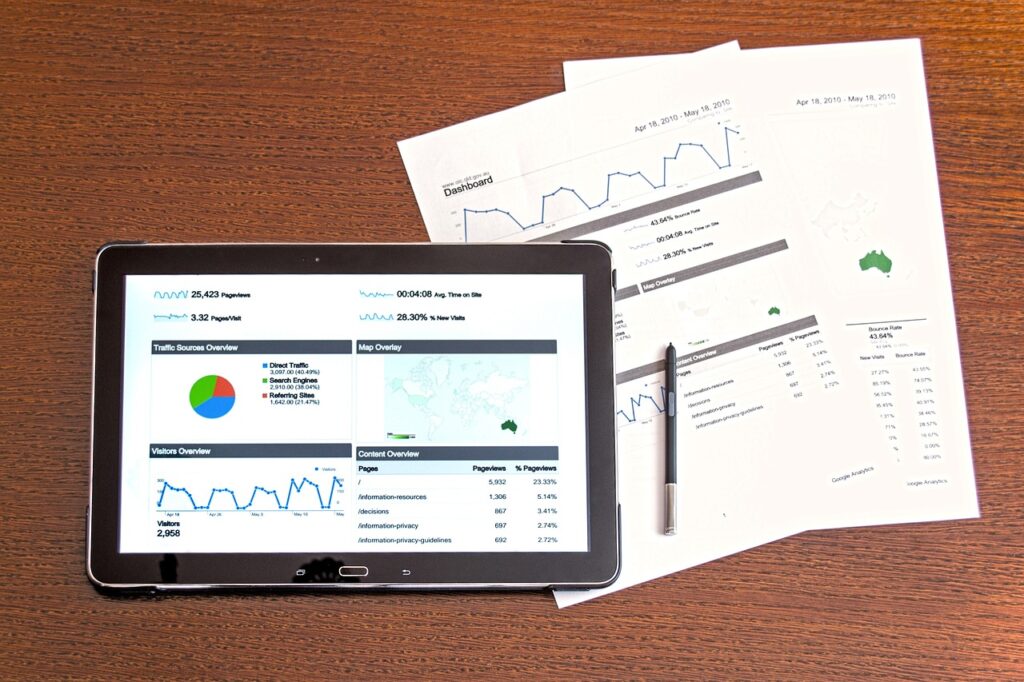
4. Wages and Employment
The insidious impact of inflation extends far beyond the price of goods and services; it directly attacks the foundation of long-term financial security for countless individuals and families. While some employers may offer salary increases to mitigate the rising cost of living, these adjustments are often insufficient or nonexistent, leaving employees vulnerable to the eroding effects of inflation. When the purchasing power of your salary diminishes, it jeopardizes your ability to save for retirement, afford essential healthcare, and provide for your children’s education, creating a pervasive sense of financial insecurity and limiting your future opportunities.
Negotiating Your Salary
When the relentless pressure of inflation begins to squeeze your household budget and erode your standard of living, proactively negotiating your salary or seeking employment opportunities with better compensation becomes an essential act of economic self-defense for yourself and your family. Failing to address the rising cost of living can have far-reaching consequences, jeopardizing your ability to meet basic needs, save for the future, and provide a secure financial foundation for your loved ones. Taking decisive action to increase your income is not just about personal gain; it’s about safeguarding the economic stability and well-being of your entire family unit.
5. Debt Management
For those with fixed-rate loans, inflation can be a double-edged sword. On one hand, the real value of your debt decreases over time; on the other hand, if you have variable-rate loans, rising inflation can lead to higher interest rates.
Strategies for Managing Debt
Prioritize paying off high-interest debt during periods of inflation, and consider locking in fixed-rate loans, when possible, to protect yourself from rising rates.
6. Purchasing Power
Inflation directly impacts your purchasing power, which is the amount of goods and services you can buy with your money. As prices rise, your money buys less, forcing you to adjust your spending habits.
Budgeting Effectively
To manage your budget effectively during inflationary periods, reassess your spending priorities. Focus on essential expenses and look for ways to cut back on non-essential purchases.
7. Travel and Leisure
Inflation affects the cost of travel and leisure activities. Rising fuel prices, accommodation costs, and service fees can make vacations more expensive.
Planning Your Trips
When planning trips, consider traveling during off-peak seasons or exploring budget-friendly options to mitigate the effects of inflation on your travel expenses.
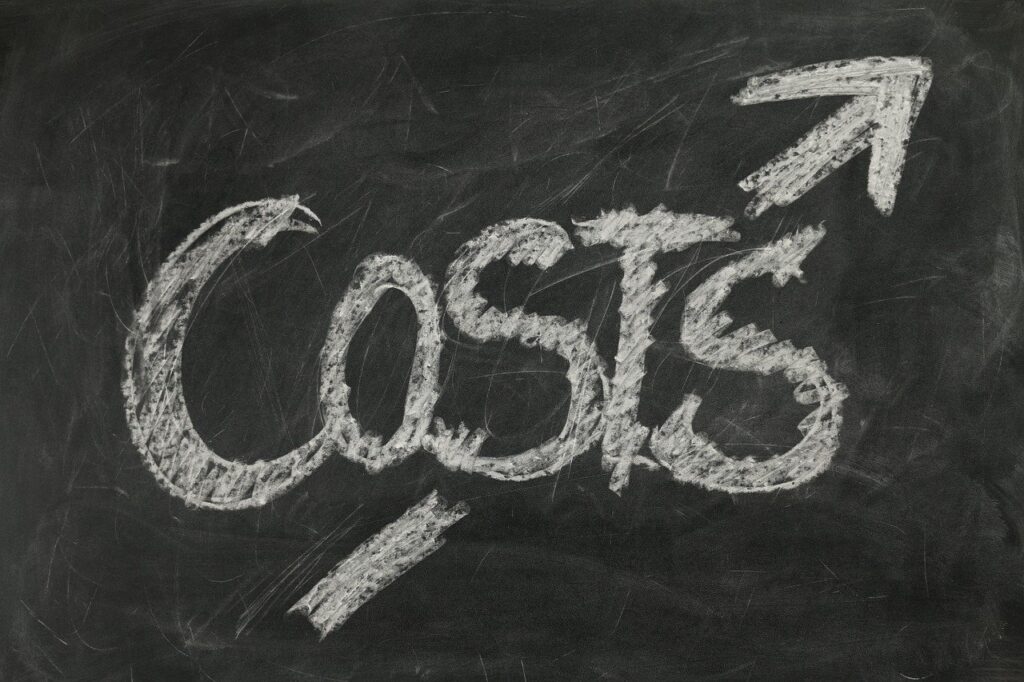
Coping with Inflation
1. Increase Financial Literacy
Developing a deep understanding of inflation and its intricate impact on your finances is essential to achieving long-term financial empowerment and control. Staying informed about evolving economic trends and their potential effects on your financial decisions is not merely a matter of prudent planning; it’s a fundamental requirement for navigating the complexities of the modern economy, protecting your wealth, and building a secure financial future for yourself and your loved ones. By proactively educating yourself about inflation, you gain the knowledge and confidence necessary to make informed decisions that align with your financial goals and safeguard your economic well-being in an ever-changing world.
2. Invest Wisely
To secure your financial future and achieve lasting wealth, it’s essential to actively explore investment options that offer returns significantly higher than the current inflation rate. Relying solely on traditional savings accounts or low-yield investments may lead to a decline in your purchasing power over time. By strategically diversifying your portfolio with assets such as stocks, mutual funds, or real estate, you can unlock the potential for significant growth, stay ahead of inflation, and ultimately attain financial freedom. This approach will enable you to live life on your terms and ensure a comfortable retirement.
3. Create a Flexible Budget
Developing a dynamic and adaptable budget is essential for building long-term financial stability and resilience in an era of unpredictable economic fluctuations. A static budget, rigidly fixed to outdated assumptions, quickly becomes obsolete in the face of rising prices and shifting economic realities. By regularly reviewing and adjusting your budget to accommodate changing costs, you can proactively manage your finances, maintain control over your spending, and ensure that you are well-prepared to weather any economic storm that may come your way. This proactive approach to budgeting is not just about tracking expenses; it’s about building a solid foundation for long-term financial security and peace of mind.”
4. Build an Emergency Fund
Building a strong financial safety net is critical for achieving long-term financial security and cultivating a profound sense of peace of mind in an increasingly unpredictable world. This emergency fund acts as a vital buffer, shielding you from the potentially devastating consequences of unexpected expenses that may arise due to inflation, job loss, medical emergencies, or other unforeseen circumstances. Knowing that you have a substantial financial cushion in place empowers you to navigate life’s inevitable challenges with confidence and resilience, allowing you to focus on your goals and aspirations without the constant worry of financial ruin.
5. Seek Professional Advice
Engaging with a qualified financial advisor is essential for maximizing your potential for long-term financial success and cultivating lasting peace of mind. Navigating the complexities of the modern financial landscape can be overwhelming, especially in the face of inflation, market volatility, and evolving economic conditions. A financial advisor can provide personalized guidance, tailored strategies, and objective insights that empower you to make informed decisions, optimize your investments, and achieve your unique financial goals with confidence and clarity. This partnership is not just about managing money; it’s about building a secure and prosperous future for yourself and your loved ones.
Conclusion
Understanding how the inflation rate affects your daily life is essential for making informed financial decisions. By recognizing the various ways inflation impacts your finances, you can take proactive steps to safeguard your purchasing power and maintain financial stability. Whether it’s adjusting your budget, exploring investment opportunities, or negotiating your salary, being informed and prepared will help you navigate the challenges posed by inflation.

welcome my site and read useful articleshttps://www.xafsashariif.com
read this helpful articlehttps://www.xafsashariif.com/how-to-become-a-web-developer/



